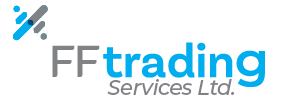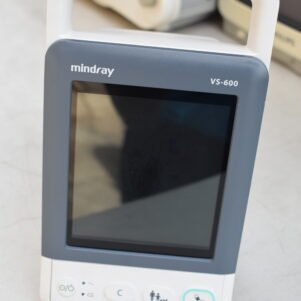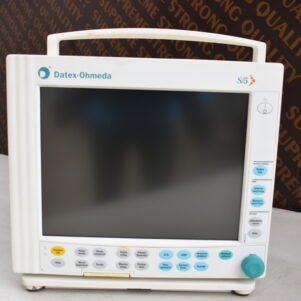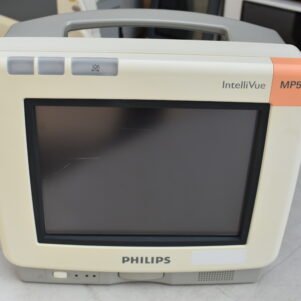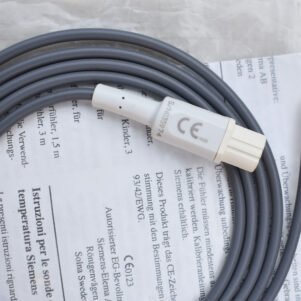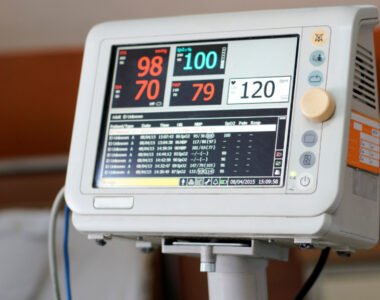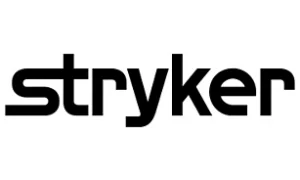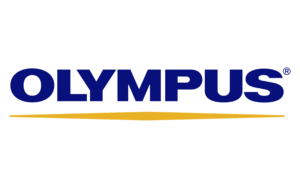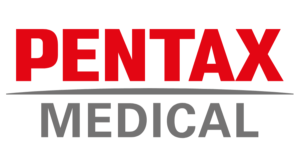No products in the cart.
Complete Guide to Importing Medical Equipment into Nigeria (2025 Edition)
Are you planning to import medical equipment into Nigeria in 2025? Whether you’re a hospital procurement officer, health tech startup, or equipment distributor, this comprehensive guide will walk you through everything you need to know, from regulations to logistics.
1. Why Import Medical Equipment into Nigeria?
Nigeria’s growing healthcare industry demands advanced diagnostic tools, surgical instruments, and specialized equipment. Local manufacturing can’t yet meet the rising demand, making importation a critical solution.
Popular imported items include:
- Ultrasound machines
- ECG monitors
- Surgical tables
- Autoclaves
- Laboratory devices
2. Key Regulatory Bodies You Must Know
Before importing, you need to understand which authorities govern medical imports:
- NAFDAC (National Agency for Food and Drug Administration and Control)
Responsible for product registration and import permits. - Nigeria Customs Service
Oversees the physical entry of goods, classification, and duties. - SON (Standards Organization of Nigeria)
Ensures that imported devices meet health and safety standards.
3. Step-by-Step Import Process (2025)
Step 1: Register Your Company with CAC
You must have a legally registered business in Nigeria with a Tax Identification Number (TIN).
Step 2: Obtain NAFDAC Product Registration
- Submit product details
- Pay required fees
- Provide certificates from the country of origin
Tip: Use a licensed clearing agent or consultant familiar with NAFDAC processes.
Step 3: Apply for Import Permit
Once registered, apply for an import permit specifying the equipment’s make, model, and quantity.
Step 4: Shipping & Documentation
Ensure all paperwork is in order:
- Bill of Lading
- Proforma Invoice
- Packing List
- SON Product Certificate
- Insurance Certificate
- Step 5: Customs Clearance
Submit documents through the Nigeria Single Window (NSW) platform or through a clearing agent. Pay customs duties, VAT, and other applicable charges.
4. Common Challenges & How to Avoid Them
| Challenge | Solution |
|---|---|
| Delayed NAFDAC approval | Start early & follow up regularly |
| Incorrect HS code | Work with experienced freight forwarders |
| High import duties | Consider duty exemptions for medical NGOs or government partnerships |
| Equipment stuck at port | Ensure compliance with SONCAP and NAFDAC requirements |
5. Tips for First-Time Importers
- Use reputable suppliers with verifiable certifications.
- Avoid second-hand equipment unless it comes with a valid calibration or maintenance certificate.
- Get logistics support from companies with healthcare experience.
- Use SONCAP-certified products to avoid customs red flags.
6. Trusted Medical Equipment Suppliers in Nigeria
Looking to avoid import hassle? These local suppliers already stock high-quality imported equipment:
- JNC International Ltd
- Halomedicals Systems
- Crown Healthcare Nigeria
- Medicalex Nigeria
- ERS Nigeria Ltd
Many of these companies offer installation, training, and after-sales support.
7. Final Thoughts: Importing with Confidence
Importing medical equipment into Nigeria doesn’t have to be complex. With the right knowledge and trusted partners, you can avoid delays, meet compliance standards, and bring essential equipment to healthcare facilities across the country.
Need Help Importing?
As a certified supplier and consultant, FF Trading Services Limited can assist with:
- Sourcing high-quality equipment
- Navigating NAFDAC and Customs
- Affordable freight and clearance services
Contact us today to get started.
FAQ Section (For Snippet Targeting)
Q1: Do I need NAFDAC approval to import ultrasound machines into Nigeria?
Yes. All medical diagnostic devices require NAFDAC product registration and approval.
Q2: How much are import duties on medical equipment in Nigeria?
Duties range between 5–20% depending on classification. Some items may be duty-exempt under healthcare programs.
Q3: Can I import used medical equipment into Nigeria?
Used equipment is allowed but must pass safety, functionality, and SONCAP checks.
Siemens SC 9000XL Patient Monitor | ICU & Critical Care Use
Rated 5.00 out of 502Dräger Infinity Delta Patient Monitor
Rated 5.00 out of 502
Lagos Office : 16 Amore Street, off Toyin Street, Ikeja, Lagos 100271, Lagos, Nigeria | Head Office: Meijhorst 9121, 6537KJ Nijmegen, The Netherlands | Instagram | Facebook
Choose FF Trading Services Ltd for reliable and high-quality medical equipment solutions in Lagos and across Nigeria.
